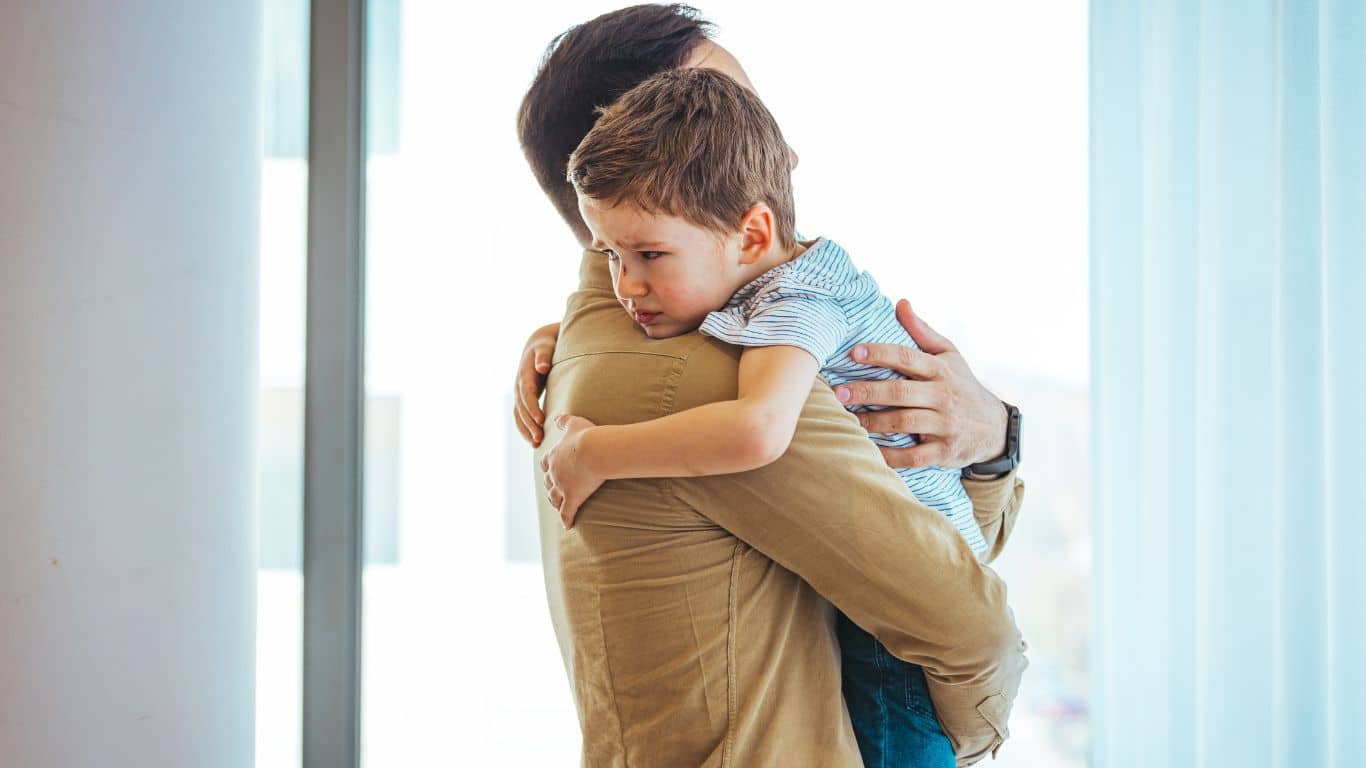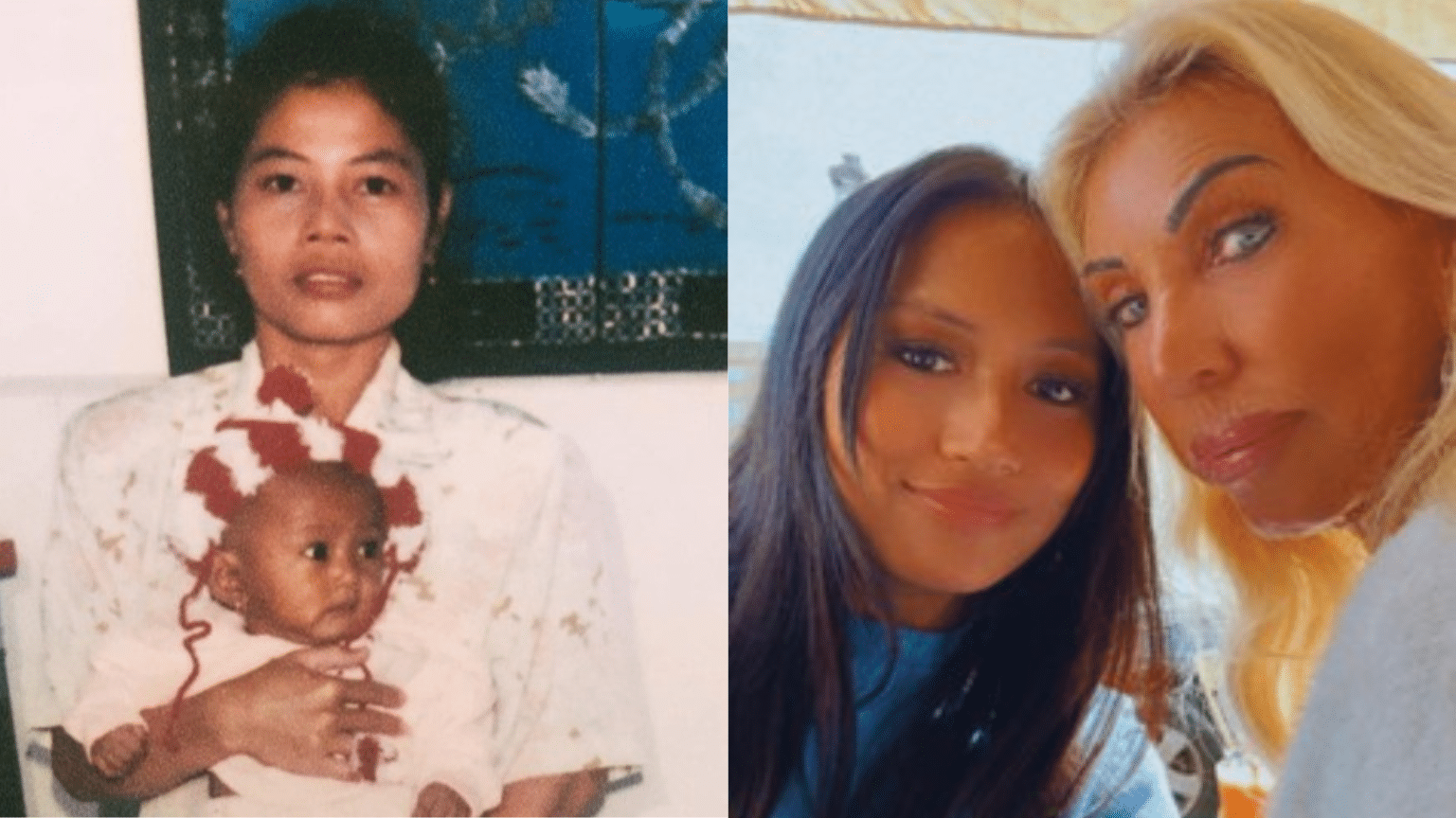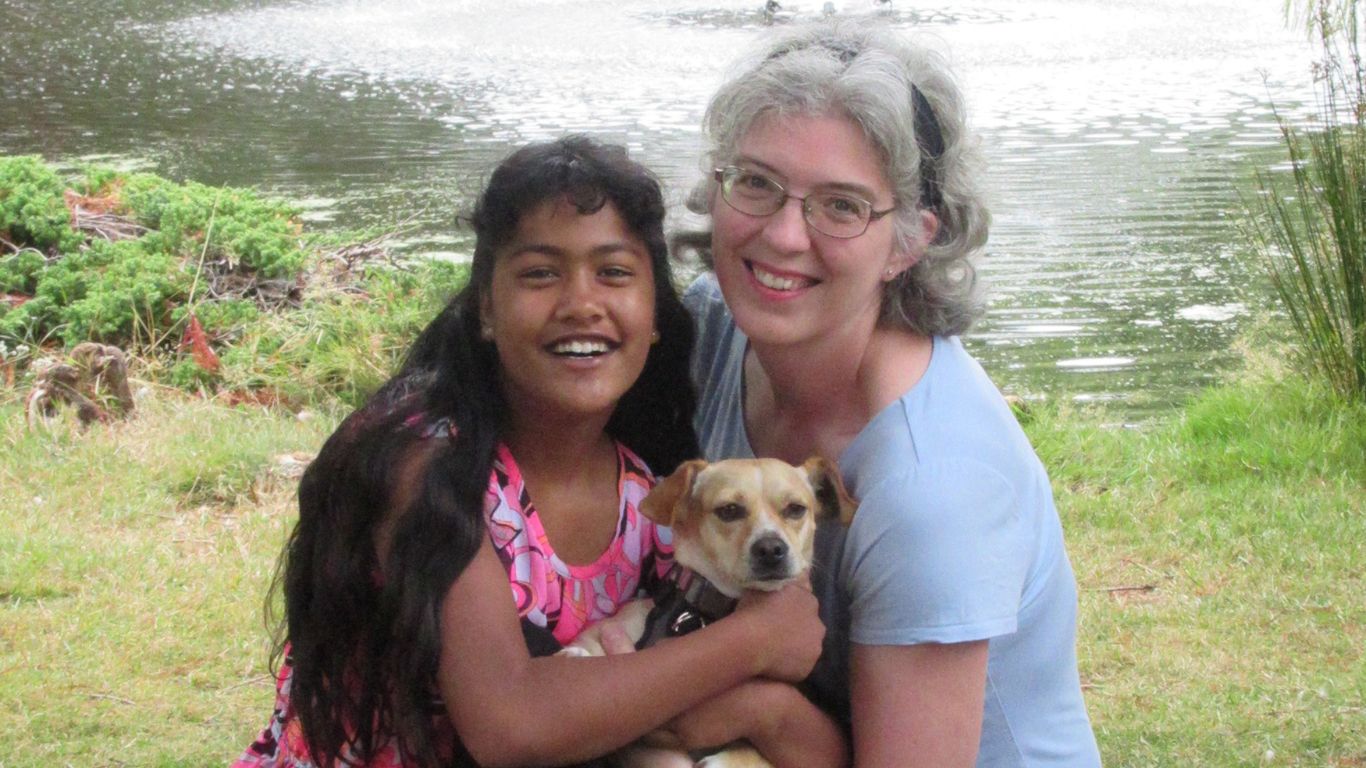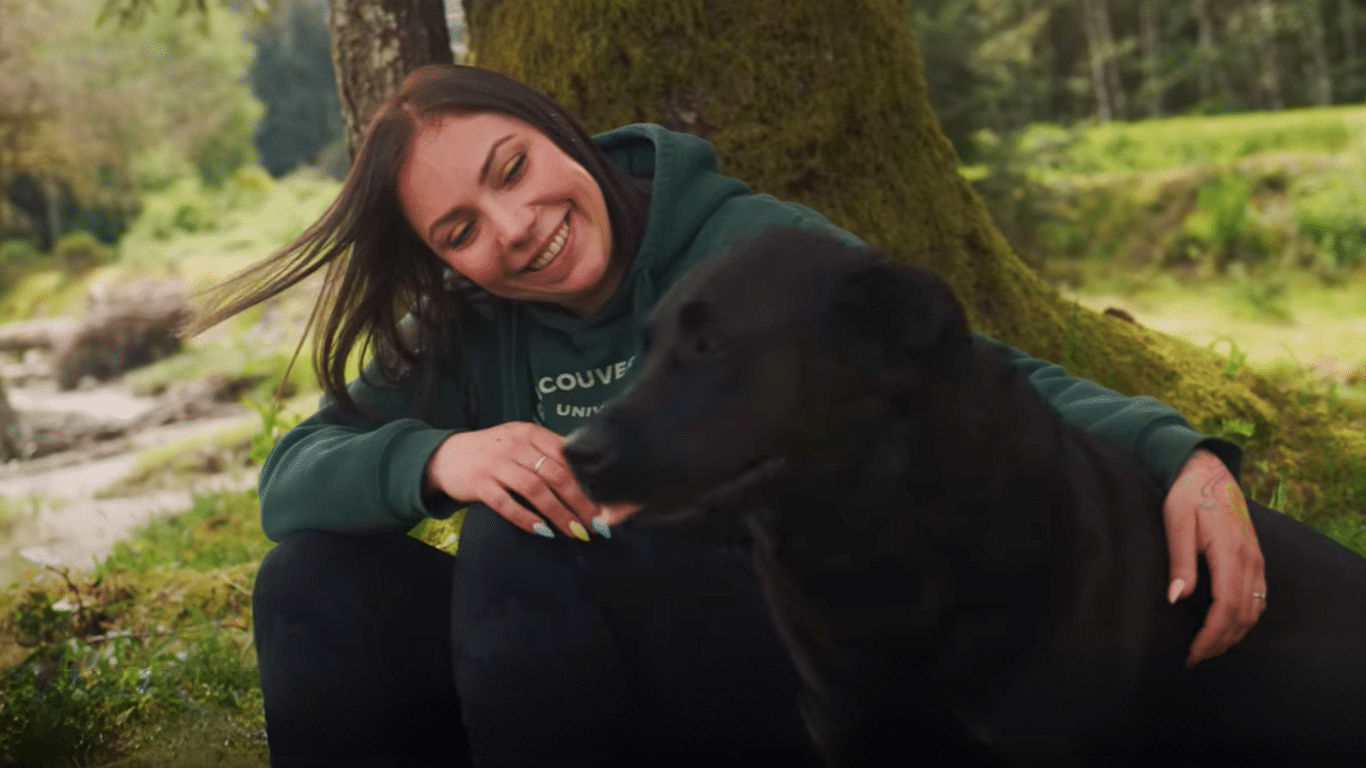Note: This Q&A was originally published in 2013, when terms like “special needs” were more commonly used. We recognize that language evolves, and we now typically use terms such as “support needs,” “complex needs,” or “disabilities.” We’ve kept the original wording to preserve the authors’ voices and experiences as they were shared at the time.
Why did you adopt special needs children?
At the time we had three birth children who were boys and we wanted to experience raising daughters. We had fostered special needs children for many years and felt we were able to meet the challenges that come with parenting special needs children.
How long did it take?
We have adopted two girls, and in both cases the entire process took about a year from the time we expressed interest until we actually had a child proposed to us.
How can we prepare?
Read everything you can find about the specific kinds of special needs you have agreed to accept in a child. Talk to people who have children with the same difficulties. If possible, arrange to spend some time around children with FASD or Attention Deficit Disorder – probably the two most common diagnoses of special needs children waiting for adoption. It will give you a sense of what it is really like to be with a child with these special needs. The more prepared you are, the fewer surprises you will have during the adjustment period with your new child. Hope for the best, but prepare for the worst!
What should we tell family/friends?
I think you should tell them everything you know about your proposed child or, even before this, everything you know about the kinds of special needs you are willing to consider in a child. They need to know so that they will not expect more of your child than they are able to give, and so that they will not pressure you to work miracles and turn your child into their perfect little grandchild, niece, or nephew. This is not going to happen!
Won’t lots of loving care and stability turn them into “normal” loving children?
No! And don’t let anyone tell you differently! FASD, FAS, and NAS are caused by prenatal exposure to drugs and alcohol and are not ever going to go away, no matter what you do. These labels come complete with a myriad of difficult behaviours and learning disabilities attached to them, and parenting these children can be unbelievably difficult.
You can make a difference. You can help your child to be the best they can be within their limited abilities. You can provide them with a loving, secure, and stable environment and they will certainly be better off for it. But you cannot change the basic nature of their disability and the little person that they are.
Your love for them will grow and, unless they have severe attachment disorder, they will probably love you too. But they are not going to be like your neighbour’s children or your brother’s children and, if they are going to have any self-esteem at all, you must accept them as they are; and, believe me, it’s not going to be easy.
If it’s so hard, why should we even consider adopting a special needs child?
If what you really want is simply to parent a child, then you will certainly be able to do that. All children need loving parents regardless of their difficulties or disabilities. If you want to experience nurturing, teaching, clothing, reading stories, and tucking your child into bed at night, you will be able to do those things, and it can be very satisfying. Just be prepared for the fact that these children will probably not stay in bed once you’ve tucked them in, and you will already have gone through hell and back to get them there. Nonethelsss, you will get to do the mommy and daddy thing, and it is nice.
What can we do to make things easier once we do bring a special needs child home?
Don’t be afraid to ask for help from the Ministry or anyone else. So often we are afraid of being seen as failures at parenting. We want so much to succeed and do well with our children but, believe me, asking for help will not reflect badly on you, and you are going to need help, so ask for it! Join forces with other special needs adoptive parents to share frustrations and celebrate milestones.
Talking to parents of “normal” children is not enough. They really don’t understand what you’re going through and simply cannot provide the support you need. They will also not be able to celebrate your child’s small achievements with you, as what seems like just every day stuff to them will be nothing short of a minor miracle to you. Learn to really rejoice in those small bits of progress. If there is not enough joy in parenting, maybe those little moments are slipping by unnoticed as you struggle with the bigger issues.
Why do you keep referring to “these children” as though they are all the same?
We find that when we sit down to talk to a group of special needs adoptive parents, our stories all sound remarkably similar. For reasons that none of us understand, our children all seem to have similar behaviour patterns and difficulties, and we all seem to share similar frustrations in trying to raise them.
There always seems to be some degree of attachment disorder present in special needs adopted children, even those adopted as infants, and trying to overcome this is usually our greatest hurdle as parents. It is very difficult to bond with a child who is unable to give and receive affection or is constantly looking to receive it from everyone but you! Sometimes you just have to accept that the love is not going to be returned to you, and the giving of it is going to have to be enough.
Would you say that your adoption experience has been negative?
I wouldn’t say that it has been negative, simply that it was not what we expected and that it has been very challenging. We set out with high hopes, believing that we could “fix everything” and that just loving them would be enough. We soon learned that we also needed nerves of steel, the patience of a saint, and, simply, the ability to withstand that which we could not change. After many years of struggling, we finally had to accept that and respect our children for who they are, rather than who we want them to be.
Have you been successful in parenting your children?
Yes, but only because we have learned to change the way in which we measure success. We have learned to be thankful that they are safe and alive and have experienced nurturing and loving care in our home. Their potential and abilities are limited by their birth history, not by anything they have done or that we have done or failed to do. They deserve good homes and loving care as much as any child, and we are now able to feel honoured to have had the opportunity to provide that for them, regardless of outcome.





